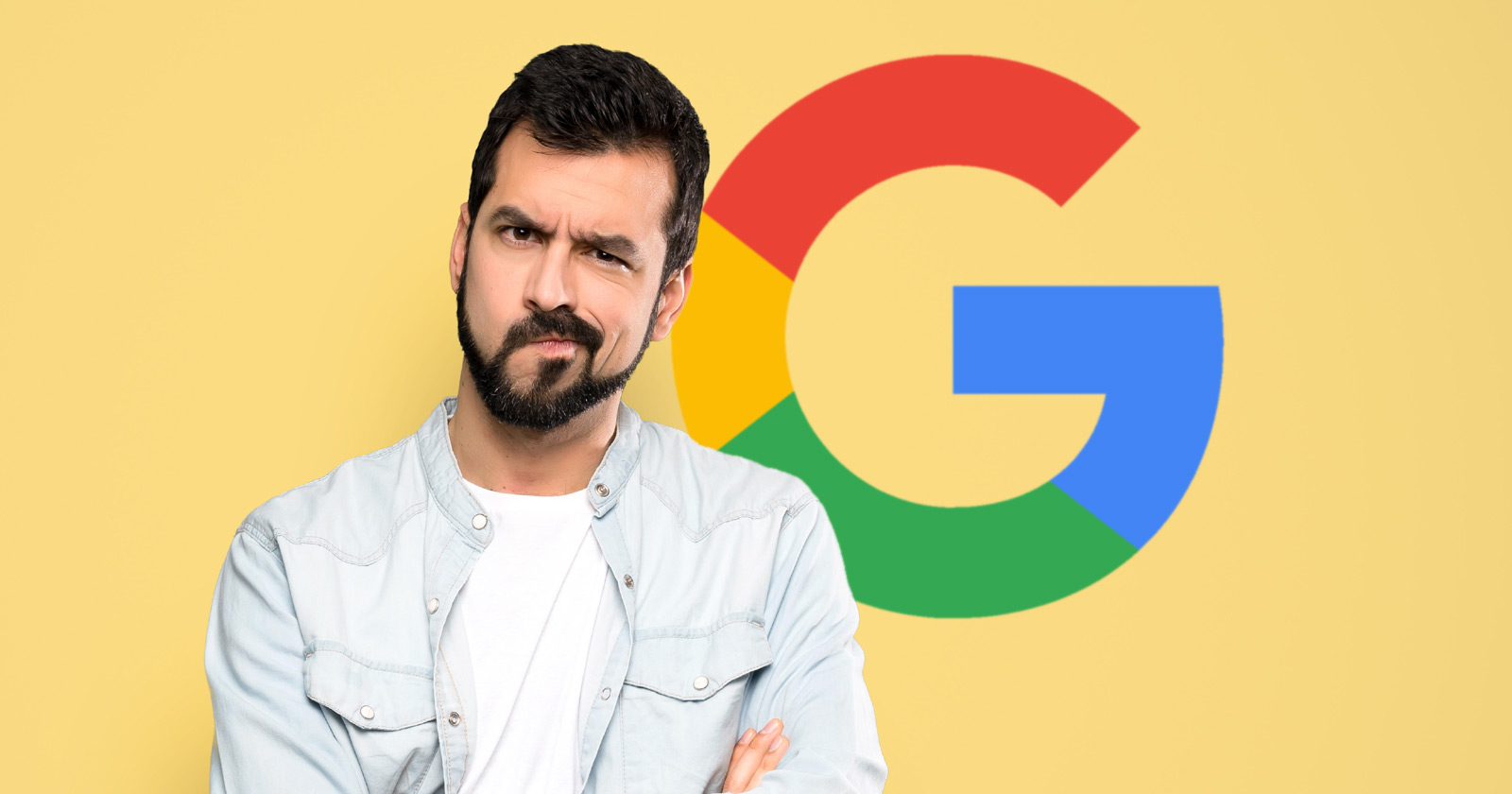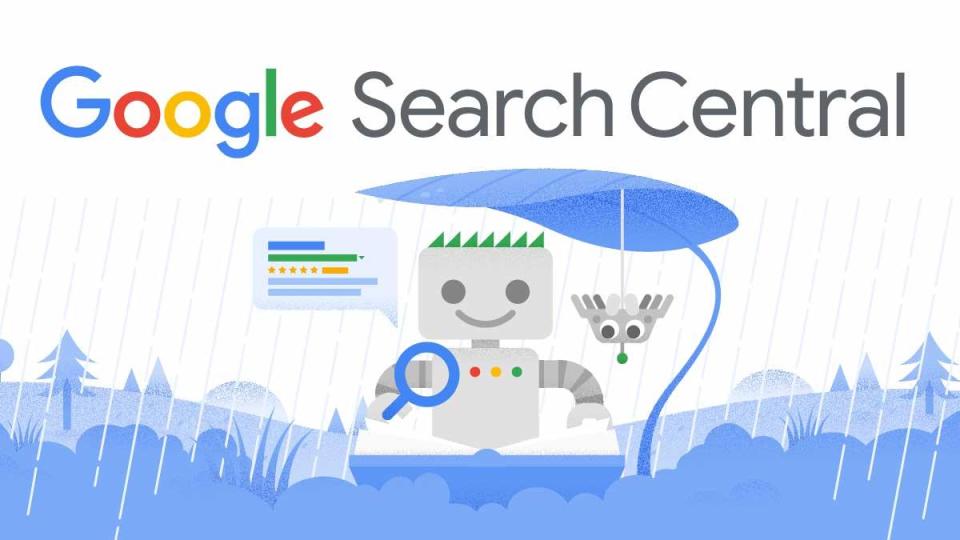- The SEOs Diners Club
- Posts
- The SEOs Diners Club - Issue #77 - Weekly SEO Tips & News
The SEOs Diners Club - Issue #77 - Weekly SEO Tips & News
Here are the weekly SEO insights for the SEOs Diners Club members.

You may also join our free SEO Diners Club network to ask questions and share your thoughts.
Google Downgrades Visibility of HowTo and FAQ Rich Results
Google is reducing the visibility of its 'How To' and 'Frequently Asked Questions' (FAQ) rich results. These changes are aimed at improving the user experience.
Google has officially announced that it is lowering the visibility of two forms of its rich results: How-To and FAQs. This change is intended to provide users with a cleaner and more consistent search experience.
You can find the Google explanation below:
This update is scheduled to be completed by the end of next week.
To summarize the statement, after next week:
- FAQ rich results will be limited to only government or health sites
- How to make rich results will only be visible on the desktop search results.
It seems natural that this will lead to severe organic traffic loss for some sites
FAQ Rich Results:
FAQ rich results will be phased out for most websites. However, it will still be shown for high-authority health websites and government websites. Google has stated that this rich result will not be shown regularly, but sites may automatically receive this treatment depending on their eligibility.
HowTo Rich Results:
HowTo rich results will be removed entirely from search results on mobile devices. They will still be available on desktop devices. Google has announced that this change will be completed globally within the next week.
Implications for Publishers:
This news could be perceived as a blow to publishers who spend time adding FAQ content and accompanying structured data. However, removing structured data from your site is unnecessary because other search engines can use it. Google, as before, can reactivate them with a change of decision.
Google's move is essential to make the search experience more user-friendly, and publishers may want to adapt to these changes and optimize their content according to Google's new policies.
It is also possible to read Google's move as a cleanup operation before the Productive Search Experience. The overlap of both the Productive Search Experience and this rich results limitation operation simultaneously could have caused more problems.
This will lead to a decrease in organic traffic. Sampling on some large sites shows that URLs with FAQ rich snippets have a much higher click-through rate (CTR) than those without - up to 2x in some cases!
As a result of this decision, starting next week, traffic will be lost with such snippets. Some believe that Google is taking this step in preparation for AI answers. Others argue that it doesn't provide user value or that Google wants more ad clicks. However, not all FAQ rich snippets provide high-quality content. It is thought that Google could solve this problem.
We Had a Pleasant Conversation On Artificial Intelligence and SEO on Webtures Talks Podcast
In the 28th episode of the Webtures Talk podcast series, we had a pleasant conversation with dear Oyku Goger on the impact of artificial intelligence on SEO work.
For the first time, I was invited as a guest to a podcast. Naturally, I was a little excited. Fortunately, the questions came from where I work. I want to thank the Webtures team and dear Oyku Goger, who added color to the interview with her mind-opening questions.
Those following me for a long time will be surprised to see a photo of me in my 30s as the cover image of the podcast. I assure you this was not my idea; the Webtures team must have wanted to do me a favor :)
If interested in artificial intelligence and SEO, you can listen to this pleasant interview from the link below.
GPTBot: OpenAI's ChatGPT New Web Crawler
OpenAI has started to let you check the crawl status of your site with a web crawler called GPTBot. You can manage access with robots.txt.
OpenAI, the developer of ChatGPT, has released information on a web crawler called GPTBot. With this crawler, you can see how much OpenAI has crawled your site and which parts of it it has accessed, and you can block access to all or a specific part of your site with the robots.txt protocol.
GPTBot's user ID and IP range are available in the documentation. GPTBot can crawl web pages to improve future models, but resources that collect personal information or contain text that violates policies will be filtered out.
Giving GPTBot access to your site can help AI models become more accurate and increase their overall capabilities. However, there have been complaints about GPTBot's activities. Therefore, the option to block GPTBot is a welcome development for site owners and brands.
Google: Don't Delete Old Content; We May Be Treating It As Helpful Content
Danny Sullivan, Google's Head of Search Relations, emphasized that old content can be considered helpful by Google, so it should not be deleted.
Danny Sullivan shared a warning on Twitter that old content should not be deleted.
Are you deleting content from your site because you somehow believe Google doesn't like "old" content? That's not a thing! Our guidance doesn't encourage this. Older content can still be helpful, too. Learn more about creating helpful content:
— Google SearchLiaison (@searchliaison)
9:00 PM • Aug 8, 2023
Sullivan said that the idea that Google doesn't like old content is wrong and that old content can also be treated as helpful.
Sullivan emphasized that Google has been saying the same thing about this for years and that old content should not be deleted. In addition to stating that deleting old content will not automatically improve SEO, he also stated that regular updates and cleanup are always good. However, deleting content just because it is old will not directly improve SEO.
Sullivan also emphasized that just because a piece of content doesn't get a lot of views (e.g., old news, obscure information, etc.) doesn't mean it's not helpful to the users who view it.
Google Launches Free GA4 Training Course Suitable for Beginners
Google is offering Google Analytics 4 (GA4) training for beginners. The course is free and suitable for everyone.
Google has launched a new free online teaching course using Google Analytics 4 (GA4). The course aims to provide a starting point for people with little or no knowledge of GA4.
The training program includes creating a Google Analytics account and validating data collection. It is designed for small business owners, marketers, students, or anyone wanting to start with Analytics.
Upon completion, participants will understand how Google Analytics collects and processes data, how to create a Google Analytics account that aligns with business goals, and how data is organized into reports.
It covers how to use digital analytics to support your business, how data processing is done in Google Analytics, how to set up your Google Analytics account and property, how to prepare your website and app for data collection, and more.
I recommend you not miss this course to understand GA4 and use it efficiently in your routine work. I immediately registered and started learning.
Book Of The Week: “Dotcom Secrets” - Russel Brunson
DotCom Secrets provides the most effective and straightforward visitor traffic and sales scenarios to help your business reach new prospects.
Russell Brunson is an entrepreneur who started an online business at Boise State University. Within a year of graduating, he made over a million dollars in revenue working out of the basement of his home.
For over ten years, Russell has successfully built and developed his companies on online platforms. His software, service, and consulting companies serve some of the world's most prestigious companies.
Written by Russell, Noktacom Secrets is designed to be a comprehensive guide for entrepreneurs worldwide to build, promote and grow their companies online effectively.
I hope you enjoyed my weekly SEO insights. Hope to see you the following Sunday in the new episode. I wish you all a great week.
Best,
Mert Erkal
How Can I Help You?








